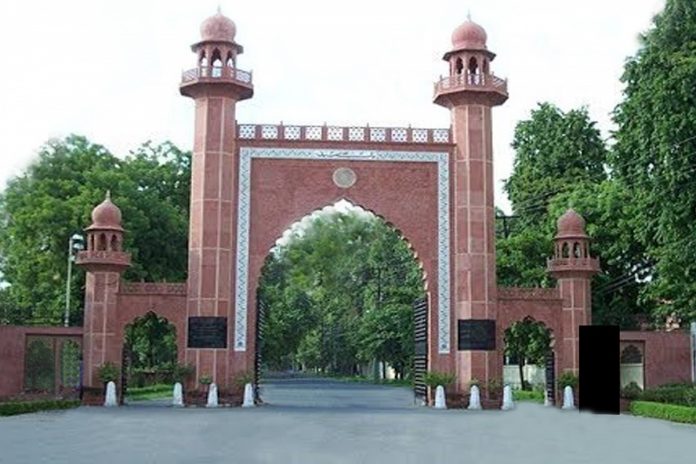12 January 2024
The Supreme Court, while hearing the reference related to the minority status of Aligarh Muslim University (AMU) on Thursday orally remarked that the protection of a minority educational institution under Article 30(1) is not lost merely because the minority community involves others in the administration.
“The object of Article 30 is not to ghettoize the minorities. So if you let other people associate with your institution, it doesn’t detract from your character as a minority institution,” observed Chief Justice of India DY Chandrachud.
A seven-judge Constitution Bench, headed by Chief Justice DY Chandrachud and comprising Justices Sanjiv Khanna, Surya Kant, JB Pardiwala, Dipankar Datta, Manoj Misra and Satish Chandra Sharma, was hearing a batch of petitions concerning the minority status of AMU.
The petitioners have challenged a 2006 judgement of the Allahabad High Court, which held that AMU cannot be considered a minority institution as it was never administered or claimed to be administered by the minority community despite being established by the community.
The bench is also dealing with the legal question of the designation of a centrally-funded university as a minority institution. The matter was referred to a seven-judge bench in February 2019 by another bench led by then CJI Ranjan Gogoi.
During the hearing on Thursday, the bench asked if the “minority tag” was important for the university, since it has existed as an institute of national importance for more than 100 years, reported Live Law.
Syed Ali Nadeem Rezavi, Professor of History at the Center of Advanced Study at AMU, Secretary of Indian History Congress, while reacting to the developments, told Radiance, “Article 30 of the Constitution does bestow the right of minorities to establish and administer educational institutions. But then in this age of majoritarian appeasement in which our legal institutions have also immersed themselves, perhaps we already know what the outcome of this case will be.”
Prof. Rezavi added, “In my opinion, AMU should strive more to safeguard its own character as an academic institution. Nothing can change the fact that AMU was established with the intention to academically uplift the minority Muslim community of the subcontinent. It’s a duty which it should not be stopped from performing.”




